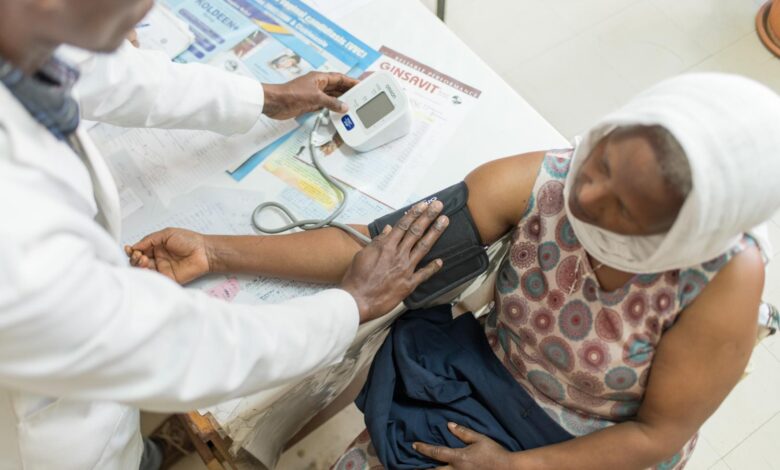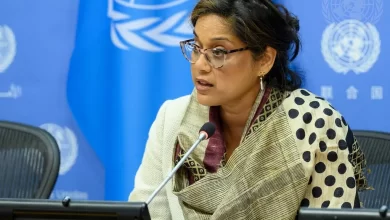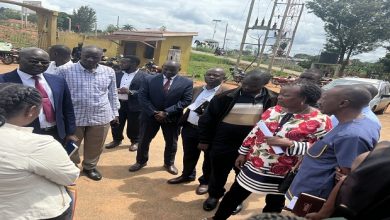Africa CDC calls for robust community health systems to tackle disease burden
Salim Hussein, head of Community Health Services at the Kenyan Ministry of Health, said the government has scaled up investments in grassroots-based health systems as part of efforts to prepare adequately for future disease outbreaks.

Creation of an adequately funded, trained and motivated community healthcare workforce is urgent to help African countries deal with a rising burden of diseases, a senior official from the Africa Centers for Disease Control and Prevention (Africa CDC) said on Wednesday.
Herilinda Temba, a medical epidemiologist with the Africa CDC, who spoke at a regional workshop held in Kenya’s coastal city of Mombasa, stressed that investments in a robust community healthcare system will enhance the continent’s capacity to predict, diagnose and treat diseases.
Temba said recruiting additional community health workers will also boost Africa’s post-pandemic recovery, denoting that community health workers have been critical players in raising awareness of infectious diseases like tuberculosis and HIV/Aids besides assisting patients in adhering to long-term medication.
According to Temba, Africa’s fight against COVID-19 received the much-needed impetus thanks to the active participation of community health workers in contact tracing, diagnosis and treatment of the disease.
She noted that policy, financing and capacity gaps had derailed the integration of community health workers in national disease management programs across the sub-Saharan African region. Temba urged governments to leverage digital tools, innovative financing, collaborative research and training in order to strengthen community healthcare systems.
Senior policymakers, funders and researchers are attending the five-day forum in Mombasa to discuss innovative ways to promote community healthcare systems in Africa in the light of a rising disease burden.
Salim Hussein, head of Community Health Services at the Kenyan Ministry of Health, said the government has scaled up investments in grassroots-based health systems as part of efforts to prepare adequately for future disease outbreaks.
According to Hussein, grassroots health workers are being provided with adequate facilitation to help them reach underserved communities in rural areas and urban slums.






